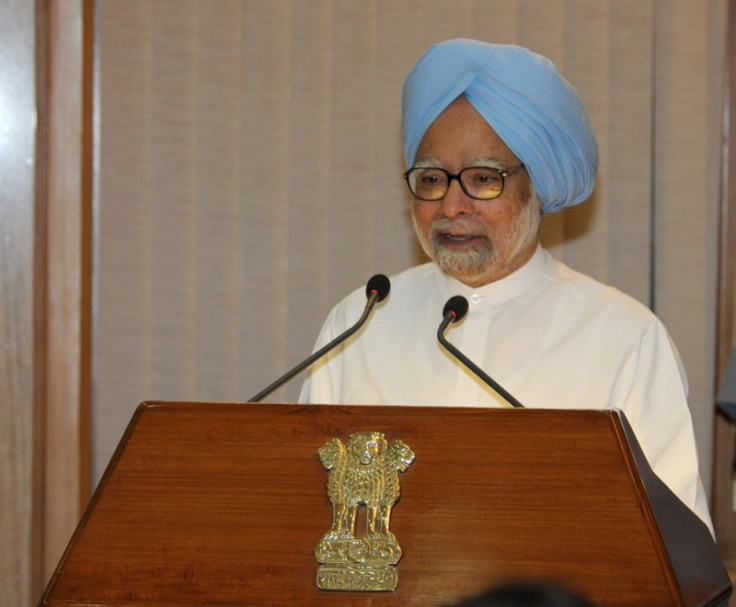Coalgate: India’s Prime Minister Says CAG Observations Refutable, Asks Opposition To Debate The Issue

India's Prime Minister Manmohan Singh Monday rebutted opposition Bharatiya Janata Party's (BJP) charges against him over the Comptroller and Auditor General (CAG) report on the coal block allocation.
Both houses of the parliament Monday witnessed pandemonium with the opposition asking for Singh's resignation as it was during his tenure as a Coal Minister that many of the sales had taken place.
Denying any violations in coal block allocation, Singh said, "I wish to say that any allegations of impropriety are without basis and unsupported by the facts." "I want to assure honorable members that as the minister in charge, I take full responsibility for the decisions of the ministry," he added.
Terming the CAG's remarks as disputable, Singh urged the opposition to debate the matter in the parliament and let the country decide where the truth lay.
"I am sorry that the house is not allowed to function and the BJP is determined to disrupt the proceedings of Parliament. I wish to assure the country that we have a very strong and credible case," he told reporters outside the parliament house after the opposition disrupted his speech in the Lok Sabha.
Entreating the opposition to allow the parliament to continue and give him the chance to clarify his stand on the matter, he said, "once again I appeal to the opposition to come back to the house to debate on these issues and let the country judge where the truth lies."
"The observations of CAG are disputable and they will be challenged when the matter comes before Parliament's Public Accounts Committee," he said.
Here is an excerpt from the prime minister's statement to both houses of the parliament:
Honourable members,
From 1993 onwards, successive governments continued with the policy of allocation of coal blocks for captive use and did not treat such allocations as a revenue generating activity. Let me reiterate that the idea of introducing auction was conceived for the first time by the UPA Government in the wake of increasing demand for captive blocks. Action was initiated to examine the idea in all its dimensions and the process culminated in Parliament approving the necessary legislative amendments in 2010. The law making process inevitably took time on account of several factors that I have outlined.
- While the process of making legislative changes was in progress, the only alternative before the Government was to continue with the current system of allocations through the Screening Committee mechanism till the new system of auction based competitive bidding could be put in place. Stopping the process of allocation would only have delayed the much needed expansion in the supply of coal. Although the coal produced thus far from the blocks allocated to the private sector is below the target, it is reasonable to expect that as clearances are speeded up, production will come into effect in the course of the Twelfth Plan. Postponing the allocation of coal blocks until the new system was in place would have meant lower energy production, lower GDP growth and also lower revenues. It is unfortunate that the CAG has not taken these aspects into account.
- Let me state emphatically that it has always been the intention of Government to augment production of coal by making available coal blocks for captive mining through transparent processes and guidelines which fully took into account the legitimate concerns of all stakeholders, including the State Governments. The implicit suggestion of the CAG that the Government should have circumvented the legislative process through administrative instructions, over the registered objections of several state governments including those ruled by opposition parties, if implemented would have been undemocratic and contrary to the spirit of the functioning of our federal polity. The facts speak for themselves and show that the CAG's findings are flawed on multiple counts.
- This, in short, is the background, the factual position and the rationale of government's actions. Now that the report of the CAG is before the House, appropriate action on the recommendations and observations contained in the report will follow through the established parliamentary procedures.
© Copyright IBTimes 2024. All rights reserved.





















